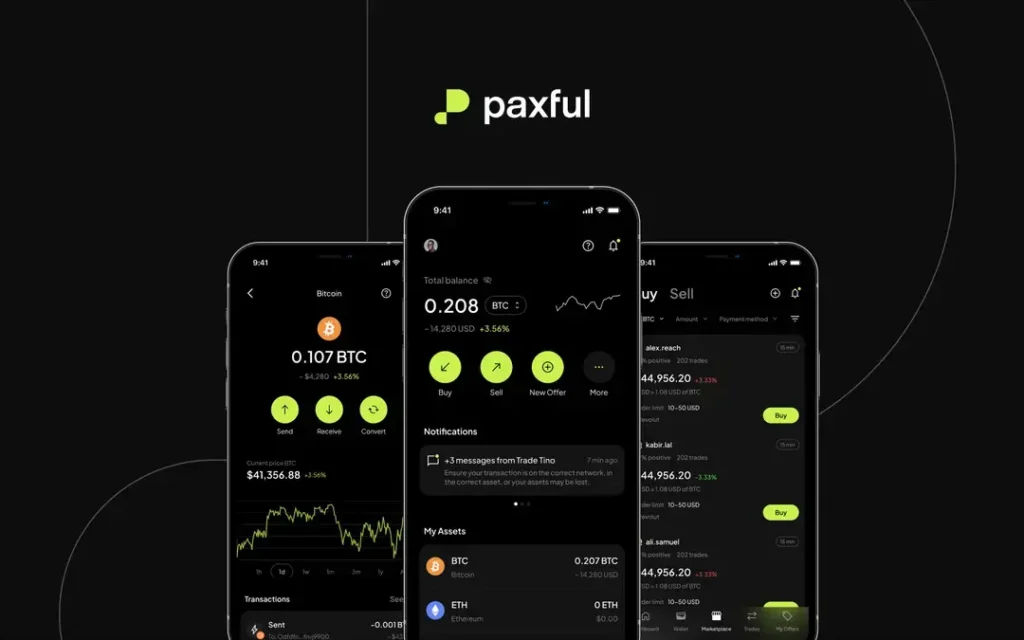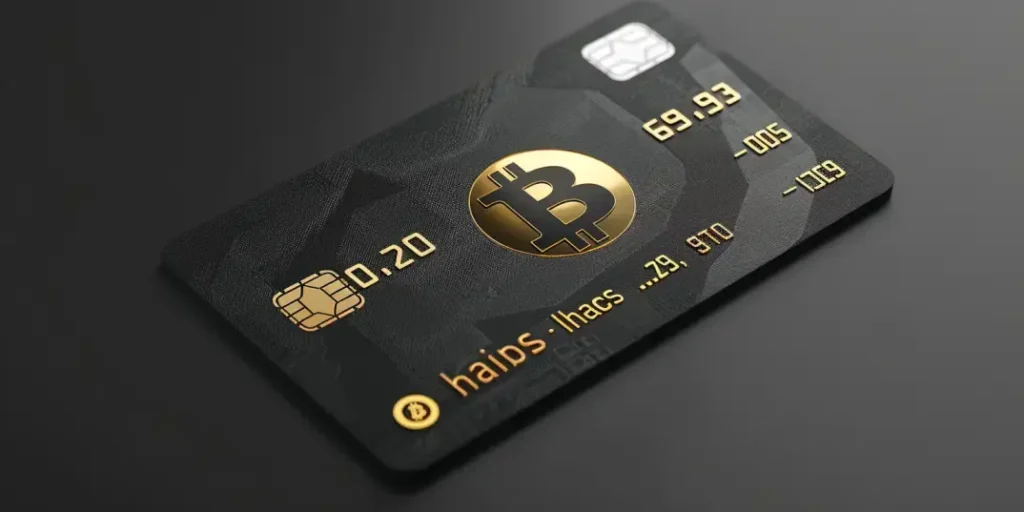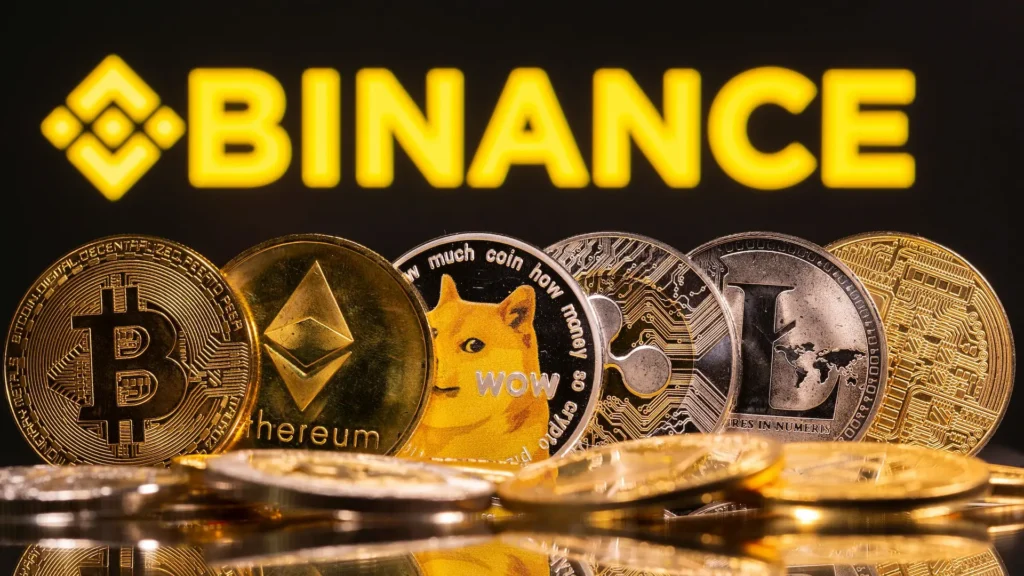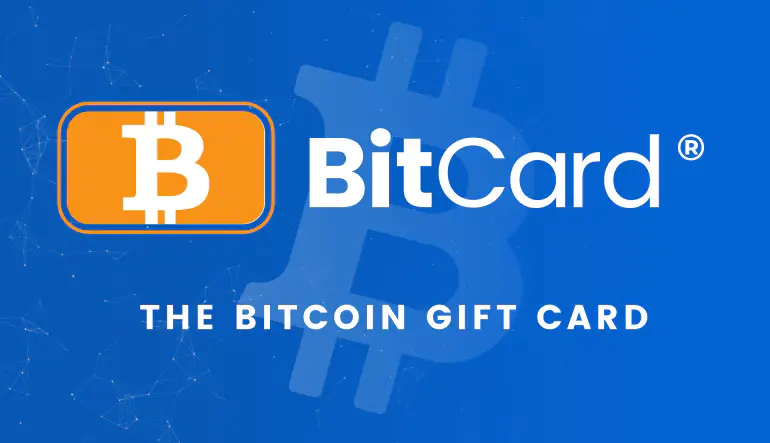NFT Players: Turning Your Crypto Gains Into Real-World Spending
January 16, 2025

If you’ve earned some NFT income, you’re likely holding USDT or other stablecoins, wondering how to turn that into real-world spending. The idea of turning NFT income to real spending might sound intimidating, but it’s totally achievable and simpler than you think. Let’s compare some of the most practical ways to cash out your NFT earnings.
1. Crypto Debit Cards: The Easy Way to Spend NFT Income
How It Works:
Crypto debit cards, like those from Crypto.com or Binance, allow you to load your USDT and swipe just like a regular card. You can use them at millions of places worldwide, including online stores and physical shops.
Pros:
- Immediate access to your funds
- Instant conversions at the point of sale
- Accepted almost everywhere
Cons:
- Some cards charge high withdrawal fees
- Limited availability in certain countries
2. Peer-to-Peer (P2P) Marketplaces: Cashing Out Directly with Others
How It Works:
Platforms like Paxful or Binance P2P allow you to trade USDT directly with other users for local currency. You can meet buyers and sellers in your country and execute a trade.
Pros:
- Flexibility to choose payment methods (bank transfer, PayPal, etc.)
- Competitive exchange rates
- P2P platforms usually have low fees
Cons:
- Risk of scams (always check buyer/seller reviews)
- Longer processing time compared to crypto debit cards


3. Centralized Exchange Withdrawal: A Reliable, Step-by-Step Process
How It Works:
You can transfer your USDT to an exchange like Binance or KuCoin, convert it to fiat, and withdraw the funds to your bank account.
Pros:
- Trusted, regulated platforms
- Well-known liquidity and security measures
- Easy withdrawal to your bank
Cons:
- Conversions and withdrawals can take time (usually 1-2 business days)
- Sometimes high transaction fees
4. Gift Cards & Prepaid Cards: A Creative Way to Avoid Banks
How It Works:
Some platforms like Bitrefill let you convert USDT into gift cards for popular retailers (think Amazon, Apple, Airbnb, and others). This allows you to use your NFT income to real spending without using traditional banking systems.
Pros:
- Fast and easy
- Can be used for online and in-store purchases
- No need for banks or intermediary financial institutions
Cons:
- Limited to certain retailers
- Gift card platforms may track purchases
5. Decentralized Finance (DeFi): A More Complex, but Flexible Option
How It Works:
DeFi platforms allow you to stake or lend your USDT in exchange for interest, or convert it into other assets that can be more easily used in the real world.
Pros:
- Earning interest or extra crypto
- High flexibility with conversions and investments
Cons:

Key Considerations Before Converting NFT Income to Real Spending
Do Your Research:
Before you convert, make sure to research the platform. Whether you’re using a crypto debit card or a P2P marketplace, it’s essential to ensure the platform is secure, reliable, and operates legally in your country.
Consider Taxes:
Depending on where you live, NFT income to real spending may come with tax obligations. For example, USDT may be treated as a taxable asset, and conversions might trigger capital gains taxes.
The Future of NFT Income to Real Spending
The road from NFT income to real spending has evolved. With more secure platforms and clearer regulations, cashing out is getting easier. But before diving in, weigh your options carefully to make sure you’re using the best method for your situation. Whether you’re swiping your crypto debit card or converting USDT through a P2P platform, know that your NFT earnings are as liquid as any other asset in the world today.
Final Thoughts
Navigating NFT income to real spending can be a smooth experience if you know your options. The landscape is changing quickly, with new platforms and tools making the process simpler. Whether you opt for a crypto debit card, a P2P marketplace, or any other method, remember to stay informed and compliant to ensure your NFT income to real spending journey is a success.
Relevant news: here



